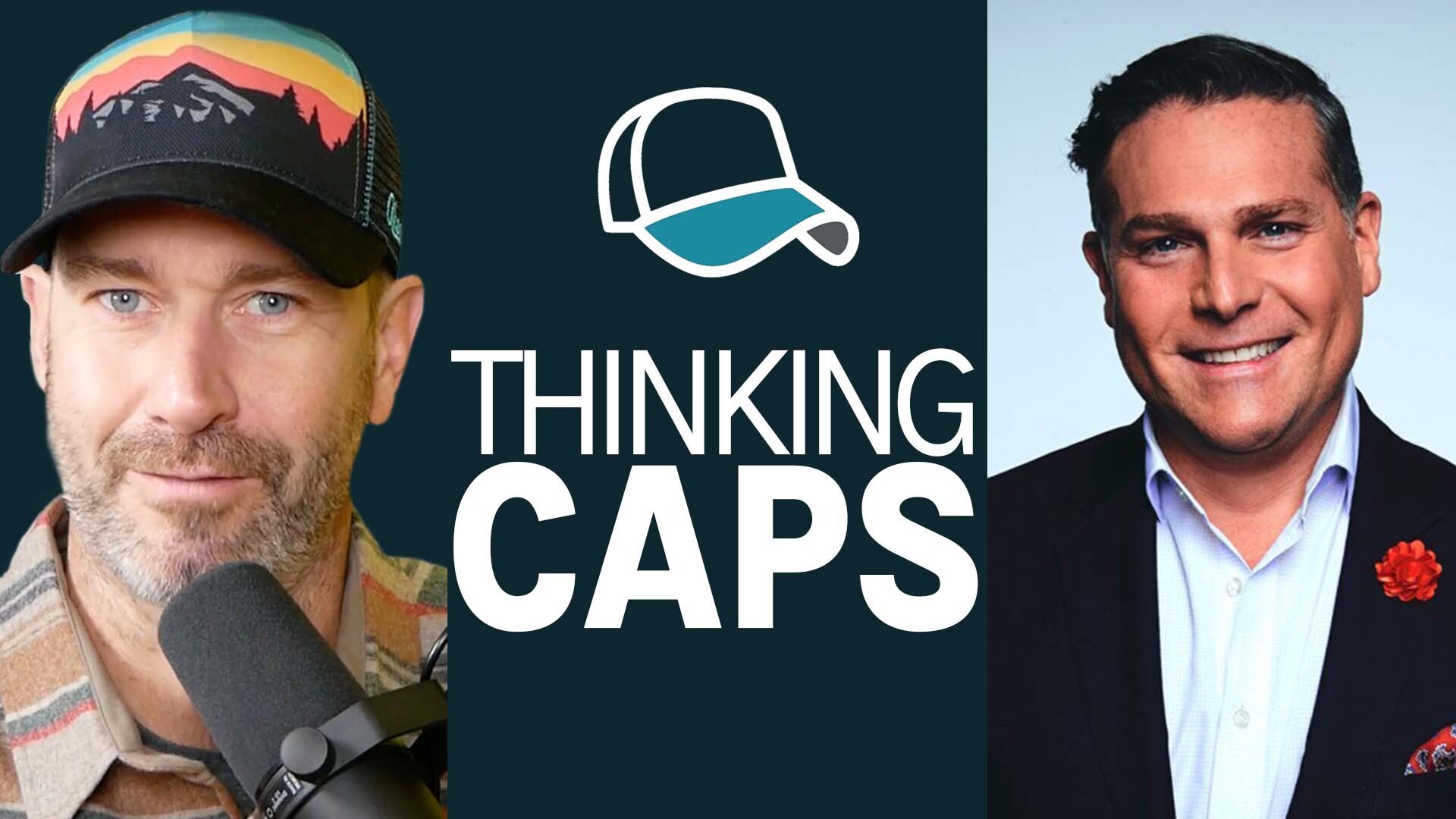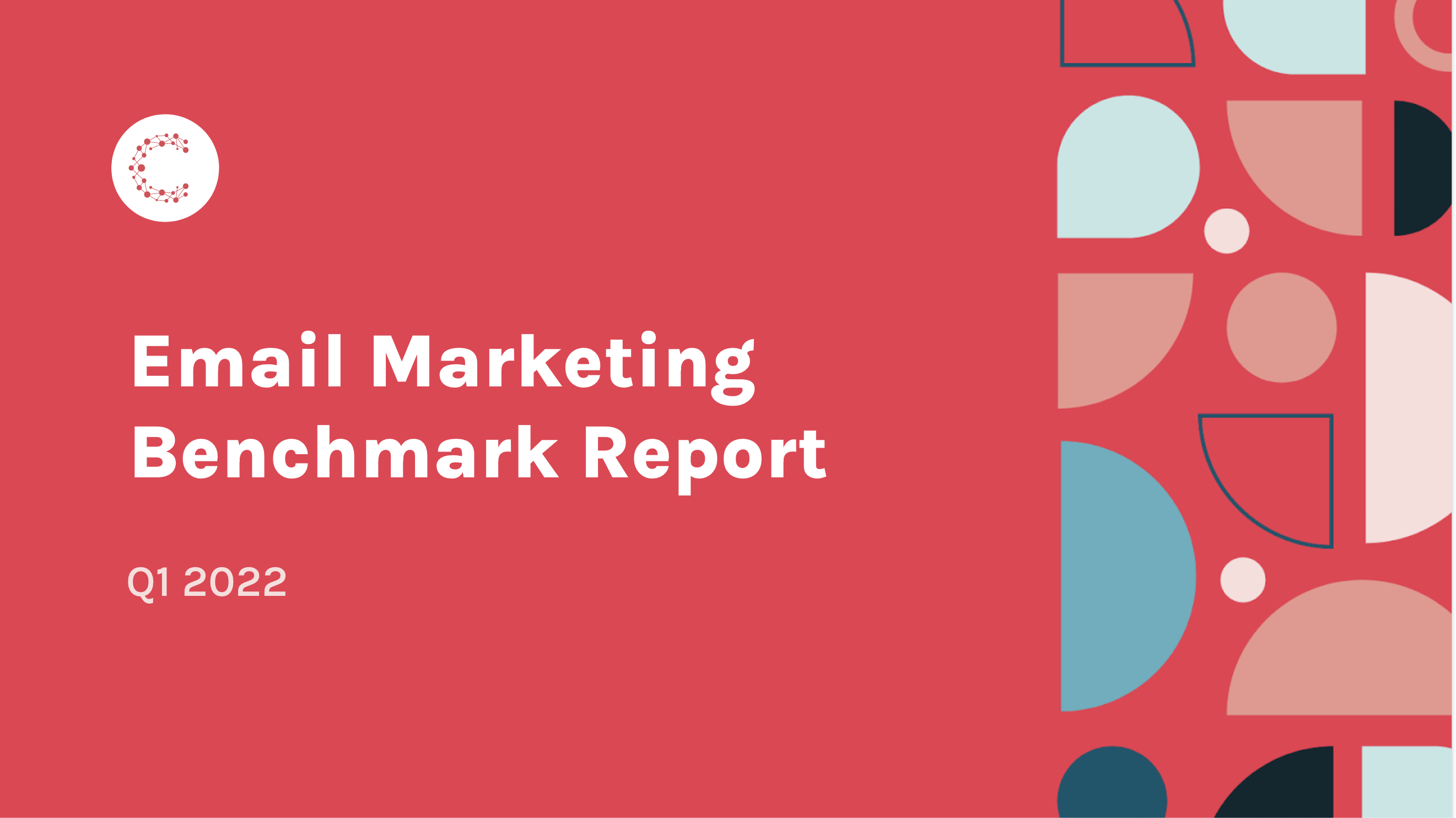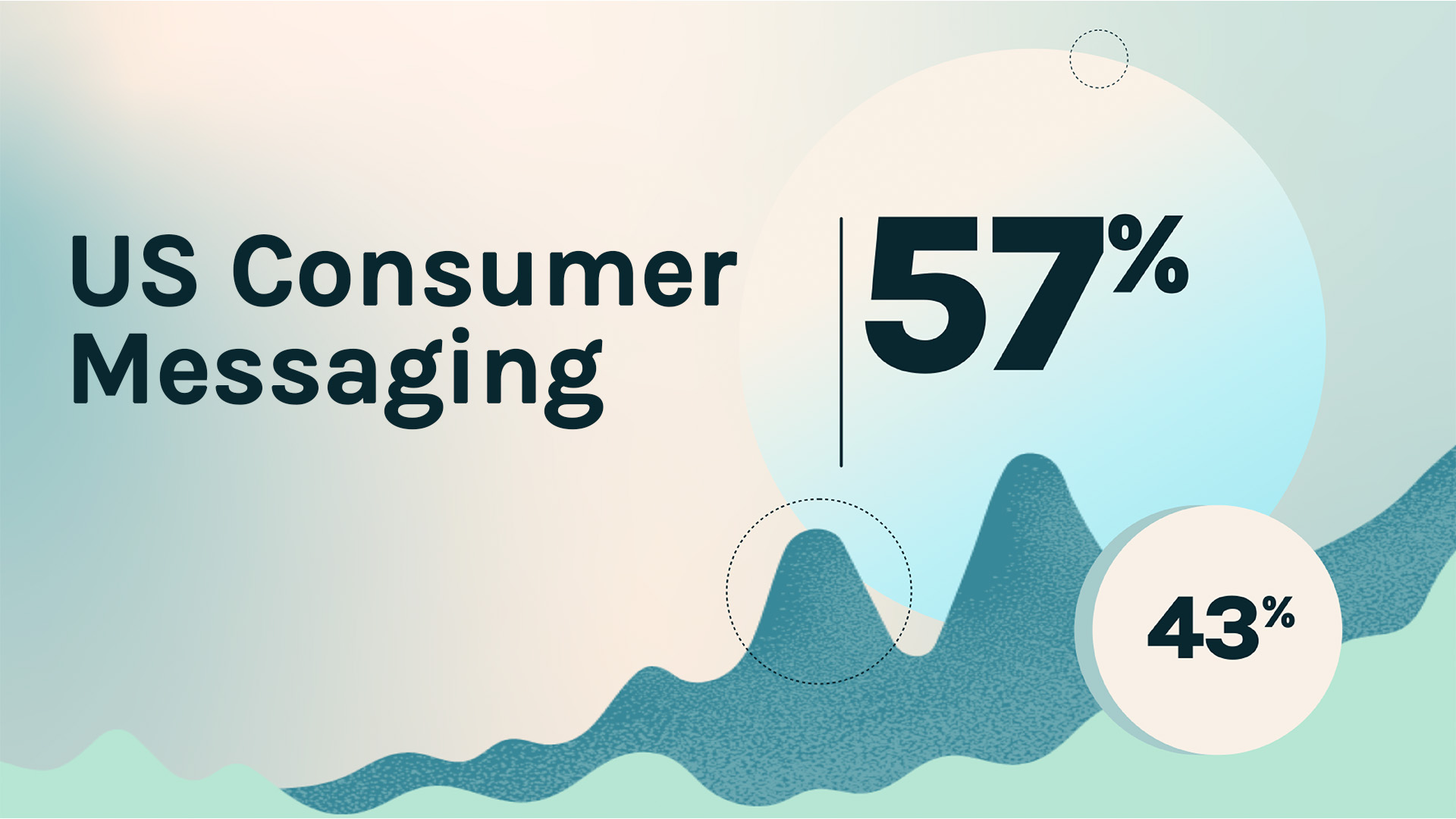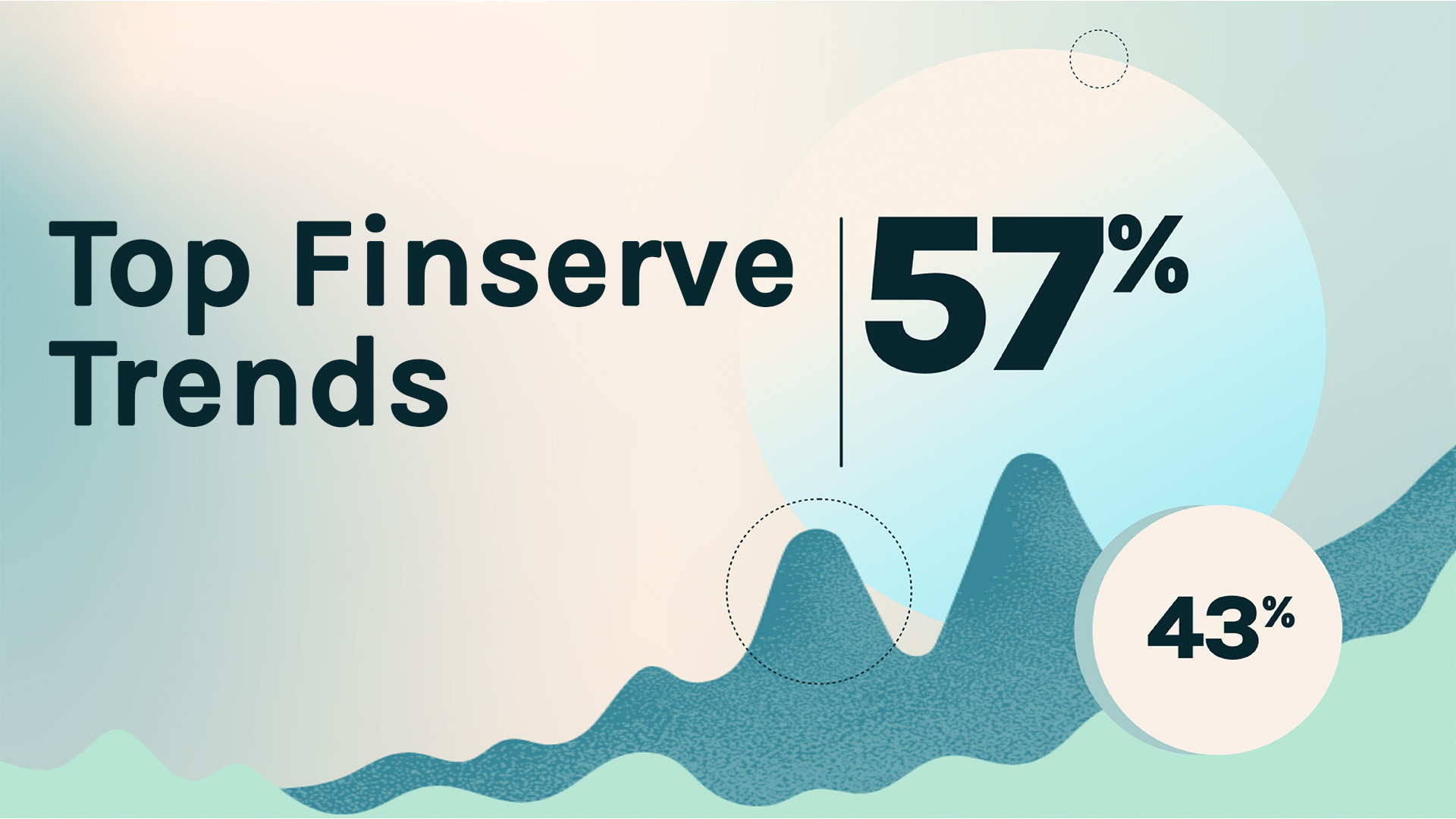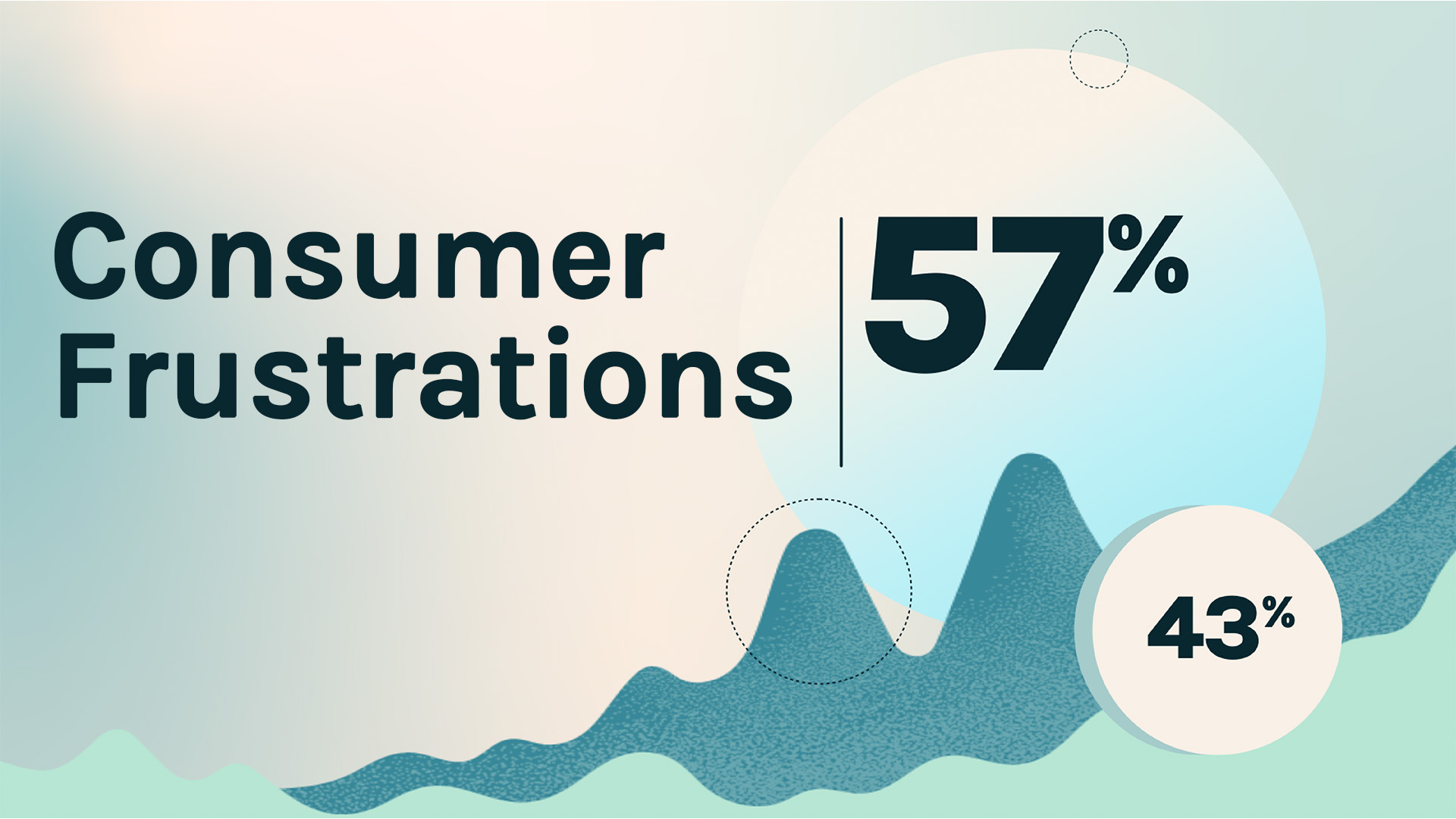Did Real Story Group Pop The Marketing Cloud Bubble?
- 0.5
- 1
- 1.25
- 1.5
- 1.75
- 2
Richard Jones: Welcome to Thinking Caps, this week we ask, did the analyst Real Story Group just pop the Salesforce marketing bubble? Stay tuned.
Richard Jones: So Tim, this week we've got a fairly interesting and perhaps a controversial subject.
Tim Glomb: I think this one's going to go on a lot of comments. Tell me where you're going with this.
Richard Jones: Well, let's look at this article by the Real Story Group entitled the crazy pricing of Salesforce CDP. Now I want to take you through a few different quotes from the article, and then we want to unpack that and see what does it all mean.
Tim Glomb: Sure.
Richard Jones: Because I think there's a bigger story here. So firstly, subscribers to RSG's CDP vendor evaluation research know that Salesforce customer 360 audiences remains very much a work in progress, with many of its core services, substantially lacking competing offerings. Crucially, audiences relies on many other Salesforce platforms for a complete solution. This speaks to the platform's youth, but also Salesforce's broader strategy of wanting to lock you into a broad suite of cobbled together platforms. In this respect, Salesforce is mimicking other big MarTech players, including Adobe and Arco.
Tim Glomb: Did an analyst actually say cobbled together platforms?
Richard Jones: Yeah, telling the truth, I love it!
Tim Glomb: Man, keep going, let me hear more.
Richard Jones: Right, they'd go on. Now you might reasonably think that under the circumstances, Salesforce would price audiences more aggressively, but you'd be wrong. Audiences' CDP is actually quite pricey, in fact, for larger enterprises, ungodly expensive.
Tim Glomb: Ouch! What else?
Richard Jones: Ouch. Okay, so I'm going to finish up here with the last quote. Yet the sheer mismatch between list price and what you actually get with this CDP, could also confirm my suspicion that Salesforce, like some of its peers, is not trying to win CDP deals on value, but on pre- existing relationships. Relationships matter, but you should never get over- weighted in any MarTech selection process.
Tim Glomb: I think what you're saying here is that the Real Story Group, an analyst that looks at all types of marketing platforms, including Cheetah's, has basically said Salesforce's audience platform is cobbled together, doesn't really have any innovation and frankly, they're just trying to sell it to you because they already have an existing relationship, probably take you out to a lot of dinners and just like slip this one in. Is that what's going on here?
Richard Jones: That's pretty much it.
Tim Glomb: All right, tell me more.
Richard Jones: I think there are lessons here in integration and innovation, when you're looking at marketing cloud strategies that we need to unpack. So, firstly marketing clouds have been on an acquisition bingo. Just look at this slide. This is all of the acquisitions in the MarTech space for the marketing cloud that Salesforce has made over the last 10 years.
Tim Glomb: Wow. Yeah, there was a lot of names on there. There's a lot of logos.
Richard Jones: Yeah, and then mainly mature companies, right? They're the leaders in their space or amongst the sort of top three vendors that had scale.
Tim Glomb: So scale, meaning they're ready, they can go to platform, they can go out and you can start putting customers on it. But why? We know why, but explain why do marketing clouds like Salesforce buy platform for scale?
Richard Jones: Companies like Salesforce, they literally never buy young companies that need product innovation, and I think that's because they know that they don't do innovation well at all. Companies like Adobe and Salesforce and other big marketing cloud players have entered into the marketing space through acquisition, not through organic innovation.
Tim Glomb: Sure, sure. They go by somebody, all right.
Richard Jones: The reason why I don't think innovation happens very well at these companies is mainly down to two things. The first is that the innovators from these acquisitions, right, The founders and the senior team usually leave shortly after the acquisition, usually about six months when they're able to sell their share, so there's a brain drain.
Tim Glomb: Payday! See you later, I'm out of here.
Richard Jones: Yeah, the second and perhaps most important reason is that private companies backed by venture capital and pay money, can support more unfettered spending on research and development as growth and innovation is their driver, not profitability. Public companies like Adobe, like Salesforce, they're just driven differently, so it's much harder to actually do than it is in a VC world.
Tim Glomb: Yeah, yeah. That makes it makes sense. I mean, I don't agree with it, but I see why they're buying scale so continue on with your theory here.
Richard Jones: If you think about it, the companies, when they have bought early stage young companies, it's nearly always an unmitigated disaster. Think about Adobe's acquisition of Live Fire or worse, Salesforce's acquisition of Buddy Media or Oracle's acquisition of Vitra or all disasters. So sensibly, they're buying these companies that don't require print of their product innovation that have scale because the goal for them is to scale these product assets out across massive global go to market infrastructures in order to drive profitability.
Tim Glomb: Yeah, they just want to drive revenue, they don't want to drive new solutions. All right, so they're buying mature companies that have scale, but I see maturity sometimes with legacy. So integration, and this is my world, last 10 years have been integrating these platforms for brands. The integration is a nightmare. You got to buy like a pallet of duct tape to make this stuff work.
Richard Jones: Yeah, it's no secret in the MarTech world that mature companies, older technology companies that have scale are often much harder to integrate. They're built on older development frameworks and coding languages. They all have very different data models so the mish- mash of mature tech companies that Salesforce has been buying over the last decade is a literal nightmare to integrate.
Tim Glomb: Yeah, it is a total nightmare and that's why I love Cheetah. I was a client of Cheetah before I joined Cheetah, it's a different approach here at Cheetah. We're able to actually make actionable data do things on the platforms, the lifeblood of what we do, and we did the hard work to re- platform, so everything is native. Everything is on one single platform with the customer engagements we have.
Richard Jones: Yeah, our data platform, right? That's the data management re- platforming, we done getting everything on to, what we call the engagement data platform, now that natively supports a full range of lifecycle apps with batch streaming and real time data integration across the huge array of data sources that marketers need to serve the right message at the right time on the right channel to the right consumer, right? These lifecycle apps natively connected via the EDP, makes us able for us to support customer journeys dynamically, and close this last mile to the consumer and you just can't do that by playing acquisition bingo and mature technologies, all of which have very, very different data models.
Tim Glomb: Got it! So, you get into a marketing cloud situation where they've acquired all these end point solutions, stitched them together with APIs that may or may not work, but nothing's native, nothing's really in real time, and I'm not going to air the details of what I've done at other brands, but it is a nightmare. So I think what you're saying here is the marketing clouds and their acquisition strategies are really not helping their clients achieve their goals, right? It's like their reigning on the marketing parade for a brand when they try and put all this together.
Richard Jones: I believe the reality to be exactly that. At the end of the day, if you're kind of thinking about a marketing cloud, quite often, people buy it because they've seen that they've got trouble internally with different technologies, trying to sort of stitch them all together and do their own sort of re- platforming on so common sort of data platforms. It's like customers know that this is stuff is difficult, so it can be alluring to go," oh, a marketing cloud, great!. It's all integrated. Brilliant! That's going to help me a ton solve all these issues". Well, what we're saying is that, the reality is the integration isn't there.
Tim Glomb: Nope!
Richard Jones: We're also saying that the innovation isn't necessarily there either. So if you don't... If the allure of the value of integration and innovation really isn't being borne about by these marketing cloud strategies, one has to ask, why do you want to have vendor lock- in and then get hit with pricing issues like the Real Story Group I've talked about.
Tim Glomb: So I think to summarize here, we're up against time, kick the tires and before you really dive in with your existing vendor, if you have a relationship with one of these big behemoths, really, really kick the tires. Innovation, number one, integration, number two, cause you might find yourself not getting what you need a year from now, even six months from now, from the innovation side and you might be employing an army of people to keep together this, what they say, cobbled together platform?
Richard Jones: Yeah, some people refer to them as the Frankin suites. You don't want to be in that business.
Tim Glomb: All right. Well, interesting topic, comment below if you're watching on LinkedIn or wherever you are watching this, we'd love that, we will answer your questions and, we'll take the punches and roll with it. Closing thoughts here?
Richard Jones: I'd say, trust your marketing technologies, right? These are the guys that actually can kick the tires and look at the best capabilities that vendors have to offer.
Tim Glomb: Okay, more to come. We'll cover this topic. I'm sure in the future, see you next time.
DESCRIPTION
For over 2 decades the Real Story Group has evaluated technology vendors and their viability for brands searching for solutions. But this shocking review of Salesforce's '360 Audiences' product points to a larger issue with the big 'marketing cloud' solutions. Using phrases such as "cobbled-together" in their report, we break it down and explain why the big marketing cloud platforms may be the worst decision you can make for your organization.
Today's Host

Tim Glomb
Today's Guests

Tim Glomb



